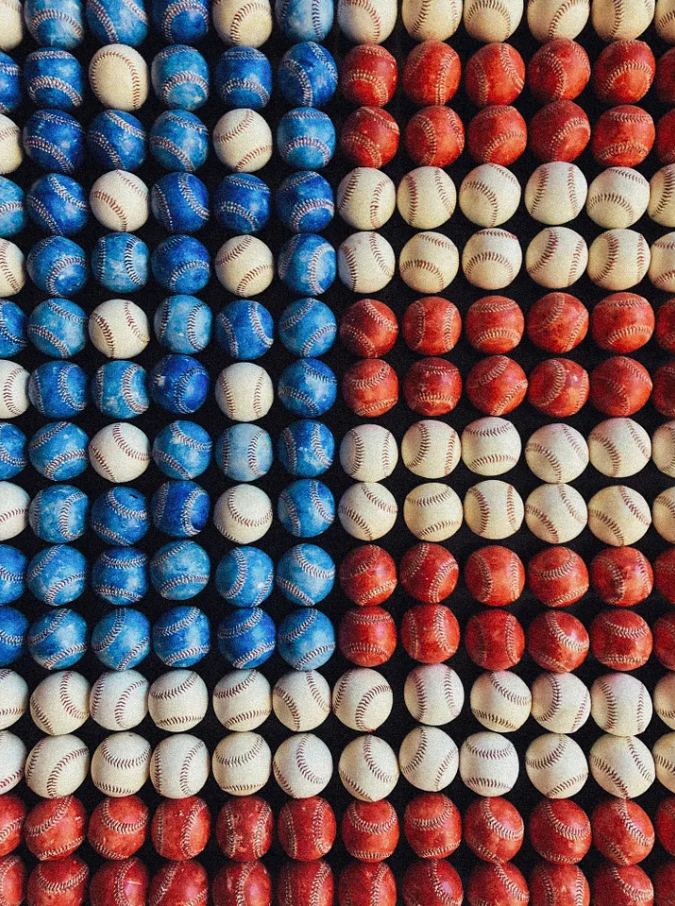
America’s Pastime: America’s Monopoly
Share
Baseball’s Legal Monopoly: Tradition or Unfair Advantage?
In the United States, monopolies are generally seen as harmful to competition and consumers. Antitrust laws like the Sherman Antitrust Act of 1890 exist to prevent companies from gaining unfair market dominance. Yet there is one major exception: Major League Baseball (MLB). For over a century, MLB has enjoyed a unique legal status that shields it from most antitrust challenges. No other major professional sports league in the country has this privilege. The question is: Is this special treatment fair in today’s economy?
How Baseball Became Exempt from Antitrust Law
The exemption dates back to 1922, when the U.S. Supreme Court decided Federal Baseball Club v. National League. The Court ruled that professional baseball games were not “interstate commerce” and therefore did not fall under federal antitrust laws. This was a curious conclusion, even at the time, because teams traveled across state lines to play. Still, the ruling stood.
The decision was reaffirmed twice, first in Toolson v. New York Yankees (1953) and again in Flood v. Kuhn (1972). In the latter, Justice Harry Blackmun famously described baseball as an American tradition, listing legendary players in the opinion. Even though the Court admitted that baseball did involve interstate commerce, it deferred to Congress, saying that any change to the exemption should come through legislation, not the courts.
Why This Matters Economically
The exemption gives MLB power to control its market in ways that might otherwise be illegal. For example, the league can tightly regulate team locations. A franchise cannot move without approval from three quarters of team owners. This prevents the kind of relocation battles that have occurred in the NFL and NBA. It also allows MLB to manage the size and distribution of teams, which has limited expansion into certain cities despite large populations.
Another area of impact is the minor league system. MLB has been able to unilaterally restructure the minor leagues, cutting teams without fear of legal challenge from affected cities or organizations. Critics argue that this limits opportunities for players, reduces local economic activity, and stifles competition.
Historically, the exemption also reinforced the reserve clause, which bound players to their teams indefinitely. While that specific rule was broken in the 1970s, MLB’s broader market control still affects player movement and salaries, especially in the minors.
The Fairness Debate
Supporters of the exemption argue that baseball’s unique history and cultural role justify special treatment. They claim the system promotes stability, prevents financially risky expansions, and protects the sport’s traditions. Without the exemption, they fear a chaotic market where teams relocate constantly, smaller markets lose their clubs, and the game’s structure becomes unstable.
Opponents see it differently. They believe MLB uses its exemption to operate as an unchallenged monopoly, limiting competition, reducing consumer choice, and hurting workers. They point to examples such as the contraction of minor league teams in 2021 and the lack of alternative professional leagues. From their perspective, baseball should be held to the same competitive standards as any other billion dollar business.
What About Other Leagues?
No other major U.S. professional sport enjoys such an exemption. The NFL, NBA, and NHL all operate under antitrust law. In Radovich v. NFL (1957), the Supreme Court explicitly denied the NFL the same protection baseball enjoys. This means those leagues must be more cautious about anti competitive behavior, such as blocking franchise relocation or fixing markets.
Outside professional sports, the NCAA has sometimes sought similar protections, but Congress has been reluctant to grant them. This reinforces how rare and exceptional MLB’s situation is.
A Monopoly by Tradition
Economically, MLB fits the definition of a monopoly: it has exclusive control over the top level of professional baseball in the U.S., faces no direct competition, and can set rules without fear of antitrust lawsuits. But unlike other monopolies, its status is not the result of buying out rivals or undercutting competitors. It is the result of judicial precedent and tradition.
The debate ultimately comes down to whether tradition should outweigh the principles of competition. Supporters see baseball as a special case that should be insulated from market forces. Critics counter that no industry, no matter how historic, should be above the law.
Baseball’s antitrust exemption is a century old legal quirk that has shaped the sport’s economics in ways no other league experiences. It has provided stability but also created clear competitive imbalances. Whether it remains fair depends on how one weighs cultural tradition against economic equality.
For students of economics, MLB’s monopoly is a living case study, one where law, culture, and market theory collide. The question is not just whether baseball deserves this privilege, but whether any institution should hold such power without the checks and balances of competition.